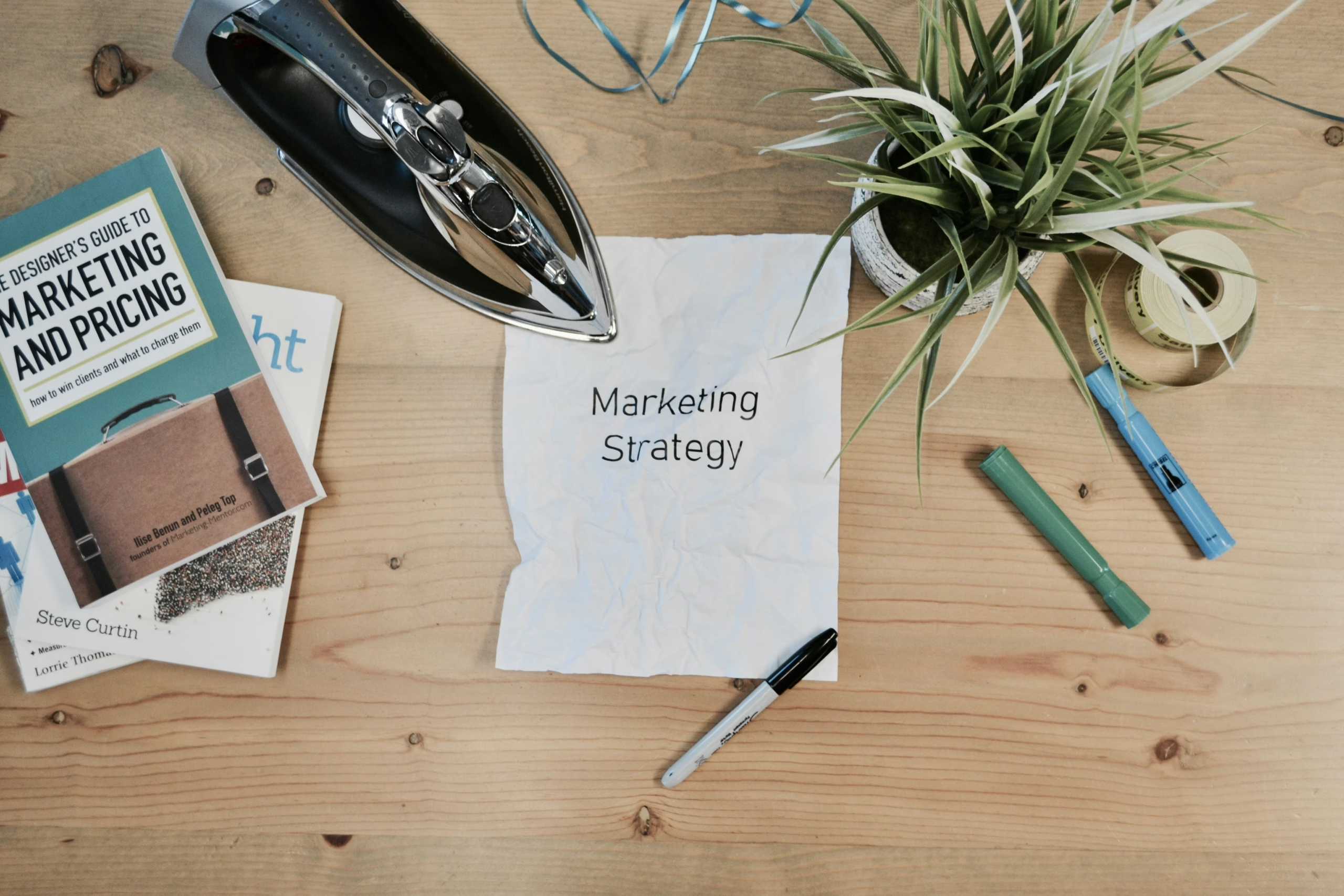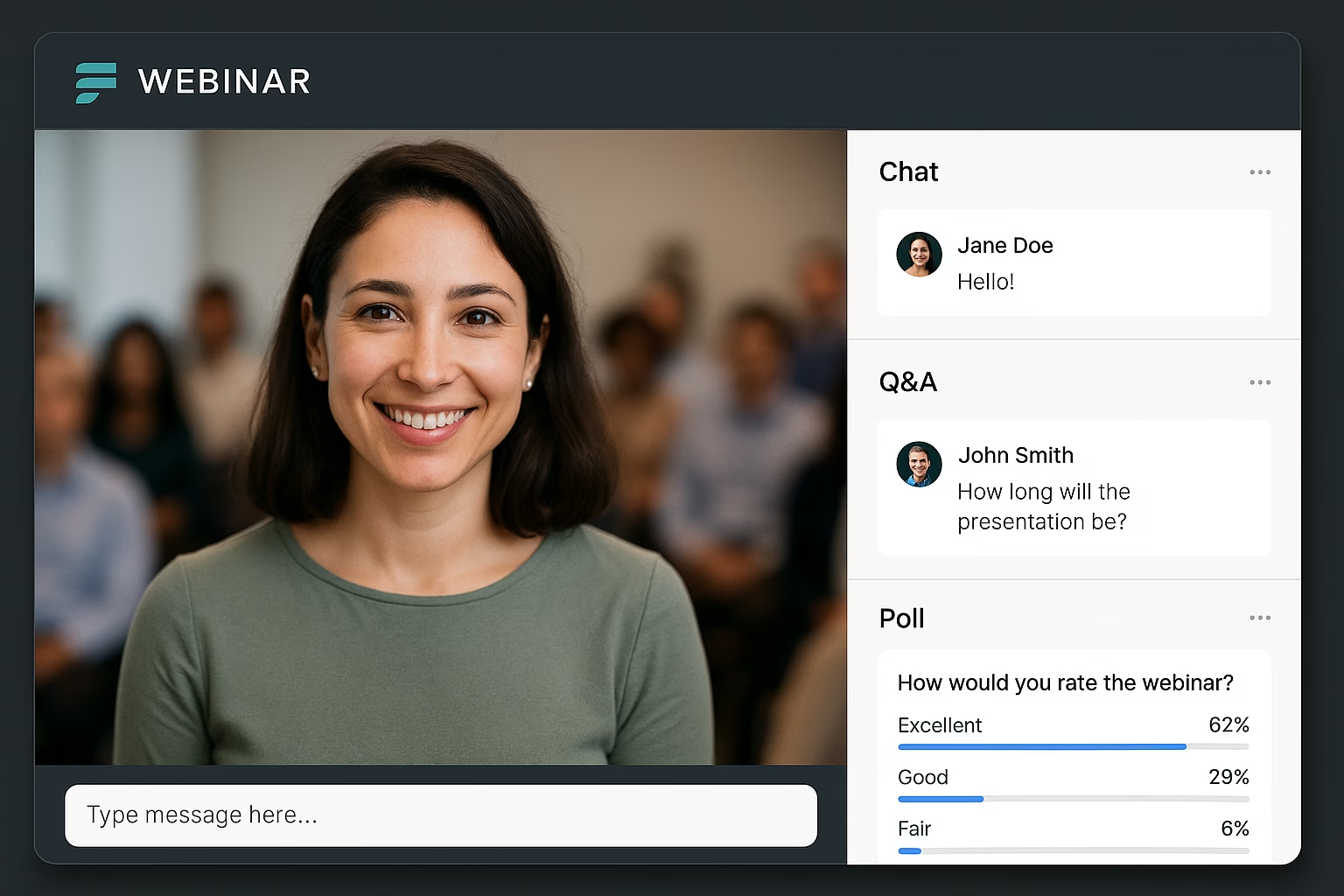By Martin H. Morrissette, Sirocco CMO – Book time with me
B2B marketing is evolving quickly, shaped by new technologies, shifting buyer expectations, and an increasing focus on data-driven approaches. In 2025, success will come to businesses that can adapt, innovate, and build meaningful connections with their audiences. At Sirocco, we believe this is an opportunity to rethink your marketing priorities – one that places a premium on understanding the human side of business. Let’s explore the trends that are reshaping the B2B landscape and how they can align with your goals.
AI-powered personalisation
Artificial Intelligence continues to transform B2B marketing, not by replacing human input but by enhancing what marketers can achieve. According to Gartner, 30% of B2B marketing departments will be using AI-powered personalisation engines by 2025. These tools analyse vast datasets to identify key customer segments and tailor messaging to meet their specific needs. AI’s power lies in its ability to predict customer behaviour. Through predictive analytics, businesses can anticipate client needs and engage with high-value accounts in a timely manner. It’s not just about automating tasks; AI can also create content that speaks directly to your audience’s interests. From personalised email campaigns to targeted content suggestions, AI allows you to connect with customers on a deeper level.
However, success depends on the quality of the data. Without clean, well-governed data, even the best AI tools will struggle to produce accurate insights. So, ask yourself—how well is your business prepared to harness the power of AI?
Videos are still on the rise
Video continues to dominate as a preferred medium for engaging B2B audiences. Research shows that 86% of businesses already use video in their marketing strategies, and this trend shows no sign of slowing down in 2025. Platforms such as LinkedIn, YouTube Shorts, and TikTok are gaining traction, offering formats that resonate with today’s audience.
Short-form videos, in particular, have proven highly effective in driving engagement. Interactive elements like quizzes, polls, and personalised recommendations take viewer involvement to the next level. Video not only brings brands to life but also simplifies complex topics, making them more accessible. The question is: are your video campaigns designed to capture your audience’s attention while also delivering tangible value?
The omnichannel approach
Today’s buyers don’t follow a simple, linear journey. Instead, their path spans multiple touchpoints: social media, email, direct website interactions, and more. This is where an omnichannel strategy comes into play, ensuring that your business can meet your customers where they are, providing a consistent and personalised experience across every channel.
Unified Customer Data Platforms (CDPs) are crucial for achieving this. These platforms integrate data from various sources to provide a comprehensive view of the customer. This enables you to personalise every interaction, ensuring that each customer feels seen and valued. At the same time, conversational AI technologies—such as chatbots and agents—enable real-time engagement, allowing you to connect with buyers instantly through platforms like WhatsApp or Facebook Messenger. Is your marketing strategy designed to provide a seamless experience for customers across all channels? If not, we can help you put that in place.
Renewed focus on retention
Customer retention has long been a major focus for B2B marketers. After all, acquiring new clients is more expensive than nurturing existing relationships. Research shows that retaining a customer can be up to five times cheaper than acquiring one. This makes retention strategies a key part of a successful B2B marketing plan. Account-Based Marketing (ABM) is evolving to reflect this shift, with a stronger emphasis on long-term relationships and discovering new ways to serve existing clients. Customer advocacy programmes are also becoming increasingly important, encouraging loyal clients to become vocal supporters of your brand. This helps expand your reach without incurring additional acquisition costs. By consistently delivering value and keeping customers engaged, businesses can foster stronger, more profitable relationships. So, the question is: Are you focusing on long-term client loyalty, or is your strategy still too heavily skewed toward new customer acquisition? Let us help you find that balance.
Sustainable marketing
Sustainability has become a critical driver of consumer choice, and rightly so. According to Sprout Social, 70% of consumers are more likely to purchase from brands that demonstrate a commitment to social and environmental responsibility. This ongoing shift is forcing B2B companies to rethink their marketing strategies. Sustainable marketing not only helps build brand reputation but can also foster customer loyalty and attract top talent. It’s no longer enough to just promote products. Businesses must show their commitment to ethical practices and transparency. In fact, sustainability initiatives can also serve as a powerful differentiator in competitive markets, providing companies with an edge in attracting both customers and partners. How is sustainability incorporated into your marketing efforts? If it’s not yet a core part of your strategy, we can help you start making the shift.
Now what?
As 2025 unfolds, the future of B2B marketing is about shaping trends, not simply reacting to them. To succeed, businesses like yours need to innovate continuously, focusing on delivering value and fostering lasting relationships with customers. This means embracing new tools and technologies like AI and video, while also building a strong foundation of data and customer insights to drive these tools effectively. At Sirocco, we work with businesses to not only adopt the latest technologies but also to refine the processes and data that ensure these tools are truly effective.
With our expertise in working with leading vendors such as Salesforce, Microsoft and HubSpot, and a proven SAFe (Scaled Agile Framework) approach, we help you implement scalable, agile solutions that keep your business ahead of the curve. Marketing leaders are becoming increasingly confident in their ability to drive revenue, with almost 70% reporting greater success in aligning marketing strategies with business goals.
How will your business respond to these trends and move toward sustainable growth? Let’s set up some time to discuss your ambitions and explore how we can help you thrive in 2025:










